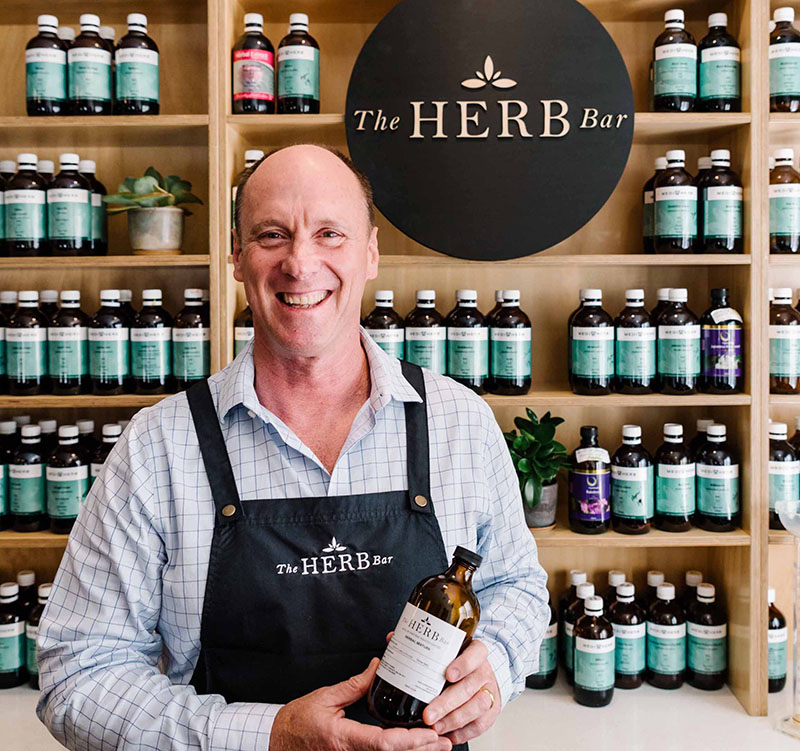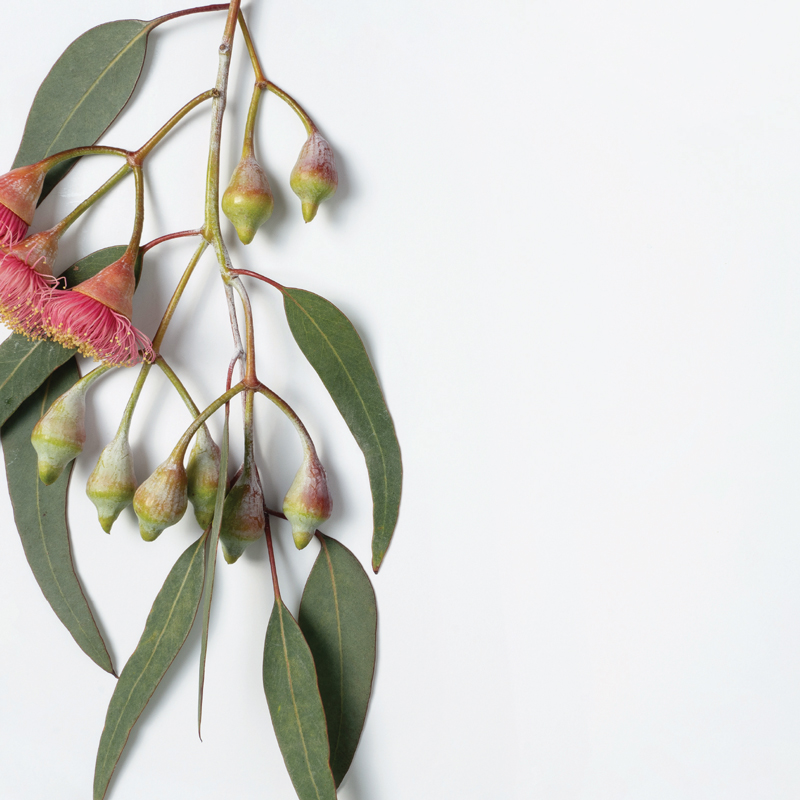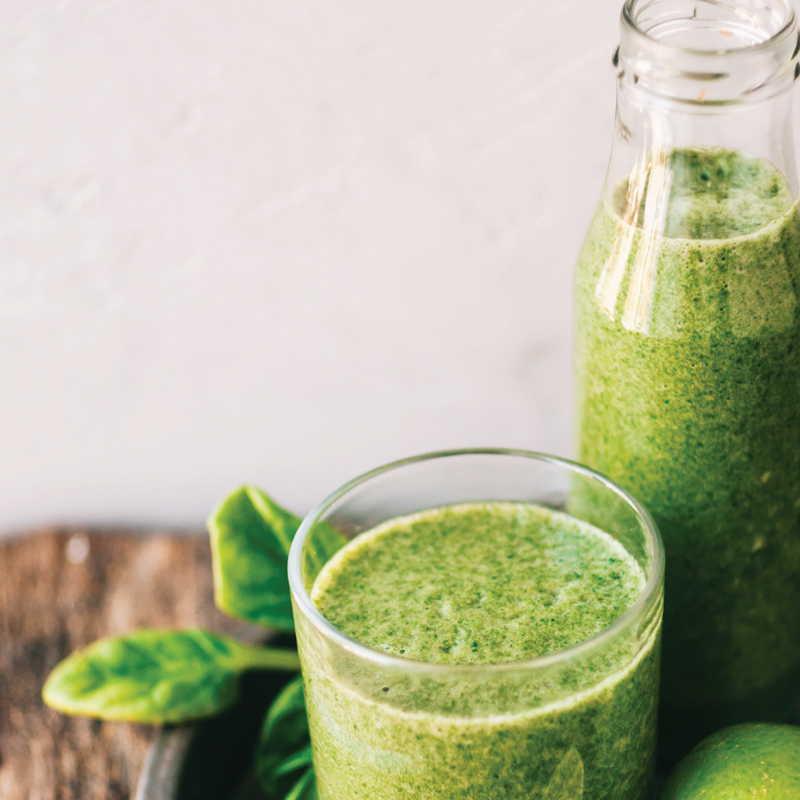
Dark Chocolate: Friend or Foe?
I love dark chocolate, it’s a not so secret guilty pleasure of mine. I love the combination of bitter and sweet and I really enjoy that it’s not entirely bad for my health. We’ve known for some time now that dark chocolate does have some nutritional benefits, sadly though this doesn’t apply to all dark chocolate. Like most food, quality and ingredients do matter when it comes to nutrition. To make it easier on your health and your conscience I’m going to break apart the need to know info when it comes to eating dark chocolate.
The benefits
The most common benefit we hear about dark chocolate is the antioxidant properties. Raw cocoa, from which all chocolate is made, is full of flavonoids. These are beneficial plant compounds that work as antioxidants to protect our cells from free radical damage and oxidative stress. These particular flavonoids (there are actually so many different types!) are cardio-protective, by supporting the production of nitric oxide, they help to relax blood vessels, improving blood flow and reducing blood pressure. These flavonoids can also work to improve insulin sensitivity, which can reduce the risk of Type 2 Diabetes. Dark chocolate is also rich in minerals such as iron, copper, magnesium, potassium and calcium.
The negatives
To consciously consume chocolate, it’s best to have all the information, the good and the bad. Dark chocolate is high in calories and when consumed in excess can lead to weight gain, this is exacerbated by the sugar content – which is why buying quality chocolate matters, more on this later. The upside of its high calorific content is that dark chocolate induces satiety. This means that unlike milk chocolate, we are psychologically and biochemically satisfied with a smaller amount of dark chocolate. It does not make us crave more, rather we feel content after a square or two. Dark chocolate contains a moderate amount of saturated fat, this is a concern if consumed in excess, however consumed in moderation, the beneficial flavonoids outweigh these negative effects. Dark chocolate does contain a decent amount of caffeine and it’s important to be mindful the darker the chocolate the more caffeine. Those sensitive to caffeine can have issues with this (particularly sleep concerns or an increase in anxiety-like symptoms), especially when chocolate is consumed later in the day.
Ok, so what dark chocolate is best?
When it comes to gaining nutritional benefits from chocolate it comes down to three things:
- The darker the better – at least 70% cocoa solids for maximum benefits. The flavonols (a sub type of flavonoids) are the compounds responsible for the bitterness in chocolate, so if it tastes really bitter it’s a great sign that you are getting maximum nutritional benefit from your chocolate.
- No more than three to four ingredients – steer clear of any chocolate that contains oil, milk, milk products, soy lecithin, emulsifiers, natural flavours or preservatives. These products are added to affect the consistency and sweetness of the chocolate and indicate a more refined and highly processed product. Additionally, studies have shown that milk in chocolate may interfere with the absorption of antioxidants and therefore may negate any potential health benefits.
- Sugar – quality dark chocolate can contain as much as 29g of sugar (per 100g) or as little as 7g (per 100g). The least amount of sugar is the better option; however, this will result in a much more bitter taste, which isn’t always palatable for most people. If you are consuming chocolate with a slightly higher sugar content, eat consciously and in moderation.
My top picks for quality chocolate include:
These products contain minimal ingredients and no oil, milk, emulsifiers or additives.
- Black and Greens Organic Dark Chocolate 85% cocoa – 14.2g sugar per 100g
- Lindt Excellence Dark Chocolate 90% (7g sugar per 100g) or 78% (18g sugar per 100g)
- Loving Earth Dark Chocolate 85% – 13.7g sugar per 100g (raw cacao, minimally processed)
- Pana Organic Chocolate 80% – 21.7g sugar per 100g (raw cacao, refined sugar free, sweetened with coconut nectar)
Other factors to consider – the ethical side of chocolate
- Organic – the cacao plant is heavily sprayed with pesticides, where possible choose organic.
- Fair trade certified – chocolate production is a complex and arduous process. In some countries where chocolate is produced, child labour is employed to reduce costs. Fair trade certified chocolate guarantees the farmers and manufacturers have been paid a fair price for their product, decent working conditions and the exclusion of child labour.
Yours in health,
Samantha Wilson







